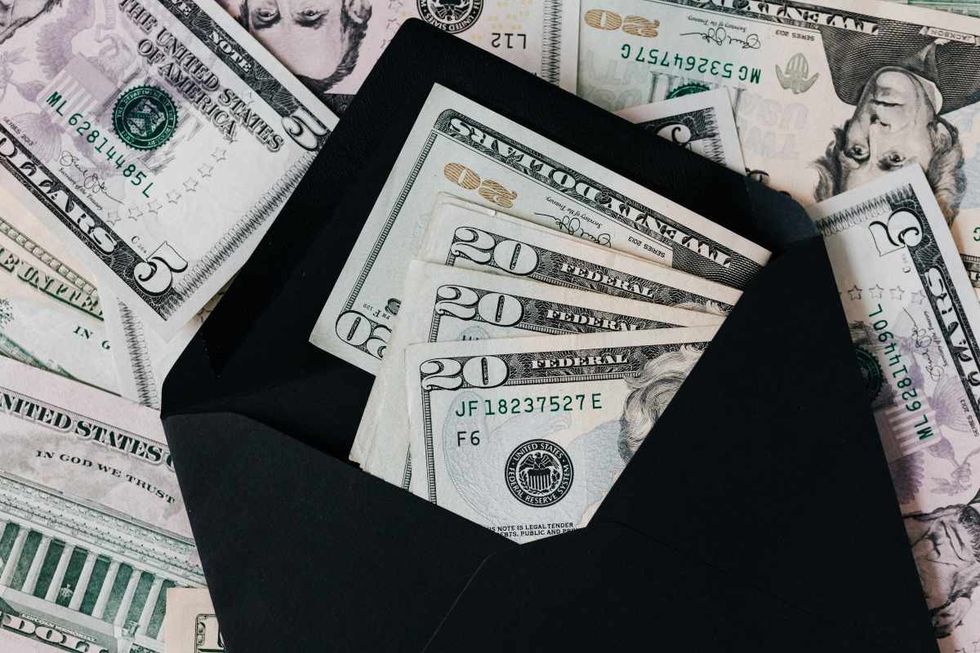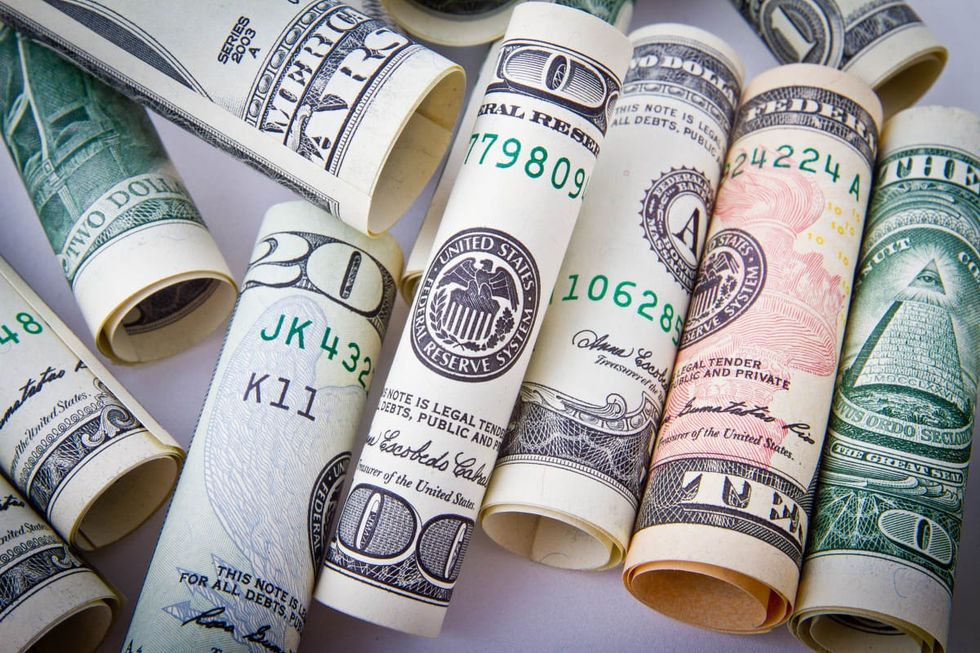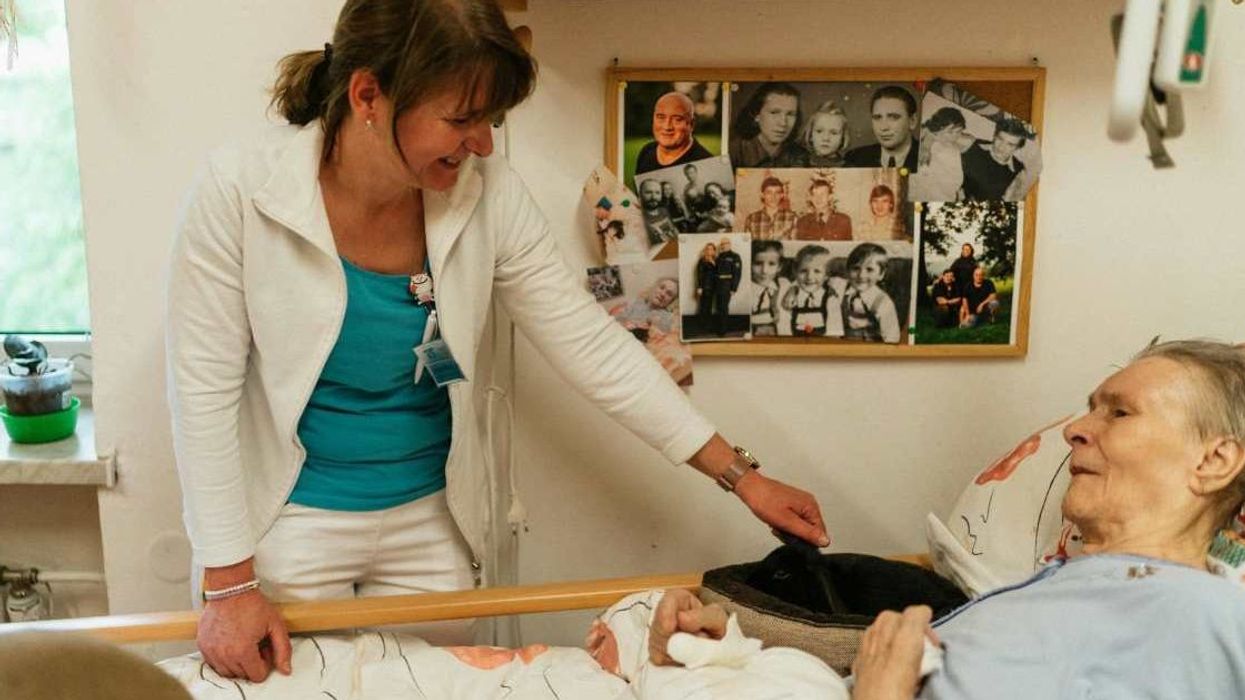Just 50 years ago, medical school tuition was a couple thousand dollars per year. Today, the price tag on a medical degree is astronomical. The most expensive medical school in the country, Tufts University, charges $61,436 per year in tuition and fees. The bargain option, Texas A&M, clocks in at $16,432 (and that’s only for in-staters). Across the country, the average medical school tuition is $34,592 for in-state students and $58,668 for out-of-state students—which, over the course of four years, translates to $166,750 in debt for the average aspiring doctor. Of course, that doesn’t take into account living expenses, which average $28,458 per year for single adults in the United States. The commitment is enormous: four years of school, four years of residency, and hundreds of thousands in debt hinging on getting through successfully. It bears the question: Is a medical degree worth going into six-figure debt?
It would be easy to dismiss med school tuition as affecting only the 38,000 wannabe doctors, but the rise in costs could affect the millions of potential patients in need of care. If medical school tuition continues to rise, the United States could potentially face a doctor shortage—a loss of anywhere between 12,500 to 31,000 in the next decade. With an aging population and a demand for better health care, this problem goes beyond school loans and into the future of our public health.
We spoke with five first- and second-year med students (who are paying between $44,454 and $54,268 per year) to find out how they weigh the insane costs against the career:
Laura* will graduate with approximately $275,000 in loans. She decided not to get help from her parents and relies on loans for her tuition and living expenses.
While I'm only six months into my education, I find the cost of medical school to be largely unjustified. My tuition of $47,000 per year appears to be average, or even low, when compared to other osteopathic medical schools. However, that difference is made up in things like "class fees" (about $800 per year) or necessary equipment that all students must purchase in addition to tuition. It seems odd to me that the cost is so high when so little seems to be "included," for lack of a better word.
Students who wish to pursue medicine know that it is going to be expensive, but also know that loans are readily available. The hesitation comes with the knowledge that those loans come with interest rates that, depending on the loan source, can reach close to 10 percent. It's estimated that by the time our loans are paid back, the things that were purchased will have a cost of roughly three times the original amount. Really makes you rethink that $20 bar tab to relax on a Friday night, and for some, pursuing medicine at all.
Kate* will owe approximately $325,000 in federal and private loans upon graduating.
I’ve met with a financial aid counselor a few times and she’s assured me that I shouldn’t have a problem paying back my debt because you can have them adjusted based on your income—but the average salary nationwide for a new resident is about $50,000. While that sounds like a perfectly fine living, if you actually were to convert it to an hourly wage (a resident can work up to 80 hours a week) and subtract taxes, it comes out to less than $13 an hour.
There are days when I get really angry at how much medical school costs—when we have a bad lecturer, when I’m told a test is mandatory and costs $600 to take. But then I get to see the coolest open abdominal surgery or play with a fancy esophageal camera. Overall, my education has been worth it. Do I hate how much debt I am in now? Yes. But having grown up with a single mother who worked her ass off, but still couldn’t afford to buy me my own clothes, so I wore my brothers hand-me-downs and ate grilled cheese as a “meal” way too often, I recognize this is a privilege.
I firmly believe that medical school is not meant for those who are not rich—and that has nothing to do with the $300,000 loan I’m going to have to pay back. This belief stems from all of the unexpected fees: application fees, housing costs, textbooks, study materials, standardized tests, background checks, flights and hotels for residency interviews, et cetera, et cetera.
For people who will be taking out $300,000 in loans: Is it worth the risk? Is there even a 1 percent chance you may not love the field? Because the thing is, you can’t really be sure until you’ve worked in the hospital. Is there even a 1 percent chance that you could fail a class and have to repeat a year? Because that definitely happens, and it’ll add on another $75,000. Because if so, then chances are you’ll say, ‘I can’t risk it.’
Kevin’s* four-year tuition is about $176,000—which his parents are paying—but he will still owe $120,000 additional in loans from living expenses.
I chose the school I did partly because it was cheaper—$44,000 per year since I stayed in state—as compared to some that are easily $10,000 more expensive. I was lucky my parents were willing to help me with tuition, but I would still choose to go to medical school even if they weren’t. These days, I try to spend under $2,000 per month, which I thought would be really easy, but once you take out health insurance, car insurance, rent, utilities, groceries, and public transit, the budget melts away.
When I started school, I don't think I fully grasped how different salaries were from specialty to specialty. A primary care doctor might earn $300,000 less per year than an orthopedic surgeon, for example. I am not planning to base my specialty decision on anticipated salary, but if I had more debt, I think that would definitely influence my decision. So many professors and doctors have told me that the ‘golden years of doctors salaries’ are waning. I’m only just starting to become aware of this downward trend for doctors' salaries.
Mike* is enrolled in the Health Professions Scholarship Program, which means he will graduate with no debt, but will owe one year of service to the Army for each year of schooling.
There were multiple reasons I decided to pursue the HPSP. Money was obviously a huge factor in my decision, since the scholarship covers both the tuition costs—$44,000 per year—and allows me a $2,000 per month stipend for living expenses.
There are pros and cons with a medical career in the military. The salary of military physicians can be up to $100,000 less than their civilian colleagues. This is balanced out by a lack of loan repayments, and the fact that I can eventually retire from the military and work as a civilian. There are less opportunities for certain specialties in the military, which may discourage some people, but the only real limitation I see is a lack of choices in residency locations and the unknown of where I will be working. For example, there are only four locations in the United States to do an Army EM (emergency medicine) residency, but as a civilian there are countless different locations to train. After residency is completed, I will be sent wherever the Army needs doctors—and that is something I have little choice in.
James’* parents are paying for his tuition and living expenses, about $250,000 total, so he will have no official debt upon graduating.
I would absolutely still go to medical school if I wasn’t getting help from my parents. It was always my goal to become a doctor, so I was going to do anything it took to get there, regardless of cost—but in no way do I think the cost of medical school is justified. It seems ludicrous that medical students should start their career with so much debt—it adds so much stress to an already taxing career. I do believe the education I am getting is very good, and I have no doubt it's preparing me well for residency, but I still can't see why it costs so much. I think, in general, physicians should make less with an education that costs less. It infuriates me to see that some ofmy classmates will come out with a half million dollars in debt.
*Interviews have been edited for length



















 Representative Image Source: Pexels | Olly
Representative Image Source: Pexels | Olly Representative Image Source: Pexels | Pixabay
Representative Image Source: Pexels | Pixabay Representative Image Source: Pexels | Cottonbro
Representative Image Source: Pexels | Cottonbro Representative Image Source: Pexels | Cottonbro
Representative Image Source: Pexels | Cottonbro Representative Image Source: Pexels | Karolina Grabowska
Representative Image Source: Pexels | Karolina Grabowska Representative Image Source: Pexels | Jonathan Borba
Representative Image Source: Pexels | Jonathan Borba Image Source: Reddit |
Image Source: Reddit |  Image Source: Reddit |
Image Source: Reddit |  Image Source: Reddit |
Image Source: Reddit | 
 Representative Image Source: Pexels | Pixabay
Representative Image Source: Pexels | Pixabay Representative Image Source: Pexels | Pixabay
Representative Image Source: Pexels | Pixabay Representative Image Source: Pexels | markus winkler
Representative Image Source: Pexels | markus winkler
 Representative Image Source: Pexels | Shvets Production
Representative Image Source: Pexels | Shvets Production Representative Image Source: Pexels | Oleksandr P
Representative Image Source: Pexels | Oleksandr P Representative Image Source: Pexels | Photo by Spencer Selover
Representative Image Source: Pexels | Photo by Spencer Selover Representative Image Source: Pexels | JSME Mila
Representative Image Source: Pexels | JSME Mila
 Representative Image Source: Wellington boots in a row in hallway (Getty Images)
Representative Image Source: Wellington boots in a row in hallway (Getty Images) Image Source: Writer Terry Pratchett Pointing to His Book (Photo by Rune Hellestad/CORBIS/Corbis via Getty Images)
Image Source: Writer Terry Pratchett Pointing to His Book (Photo by Rune Hellestad/CORBIS/Corbis via Getty Images)
 Representative Image Source: Pexels| RDNE Stock Project
Representative Image Source: Pexels| RDNE Stock Project Representative Image Source: Pexels| Satoshi Hirayama
Representative Image Source: Pexels| Satoshi Hirayama Image Source: TikTok|
Image Source: TikTok| Image Source: TikTok|
Image Source: TikTok|